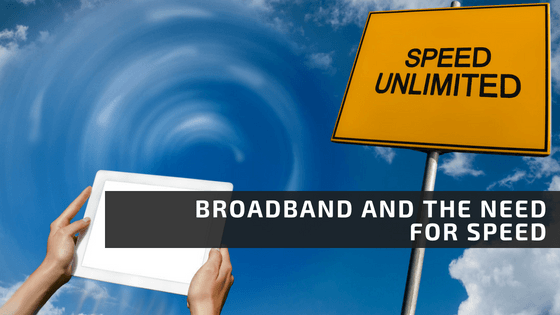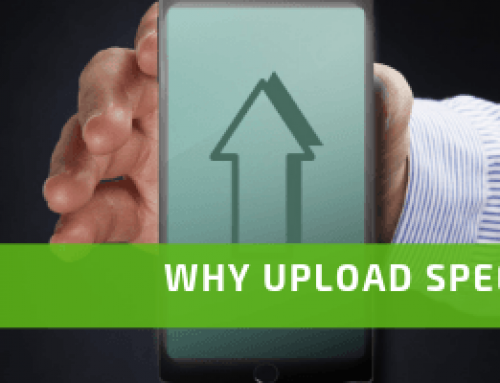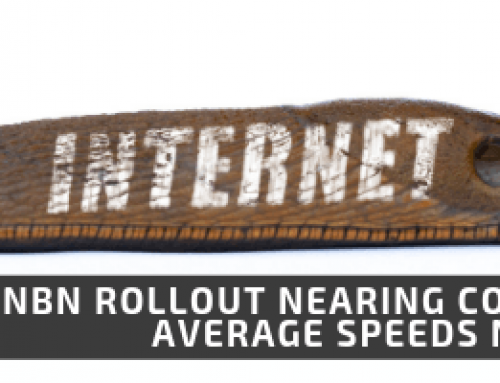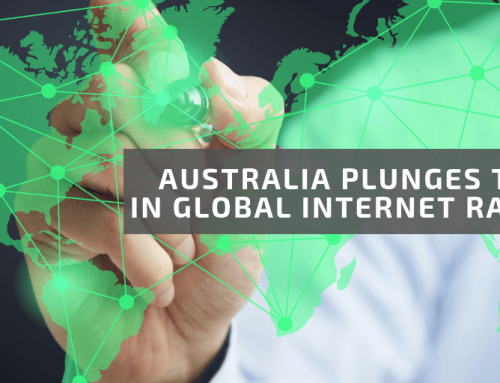By 2026, globally we will be generating more than a trillion gigabytes of data. Robotic surgeons will be connected, as will car and transport systems. A million minutes of video will transmit every second and there will be 25 billion connected devices. It seems rather odd then that the Department of Communications has recently published a report stating that by 2026 the average Australian will need broadband speeds of 49 Mbps.
Many say we need 100 Mbps now
This figure of 49 Mbps has left many industry leaders in Australia scratching their heads. One academic claimed that the report vastly underestimated the future needs of our society. Director of the institute for a Broadband-Enabled society, Rod Tucker, states that the minimum requirement for 2026 should be 100 Mbps. Tucker explained that “Many people, especially the government, underestimate the need for speed and the fact that the requirements for speed will increase over time, many people would argue that we need 100 Mbps now.” Tucker identified with research from 2014 from Eindhoven University of Technology (TUE), showing demand was “expected to grow exponentially” in the lead up to 2020. The report found that by the end of the decade, internet users in Western Europe will require an average of 165Mbps. Do people in Western Europe do anything different with the internet than those living in Australia?
Is Australia under-estimating its requirements?
The department of Communications is effectively saying that Australia will need 30% of the bandwidth of our European counterparts 6 years later than them. Should we Australians settle for such mid-range speeds in 8 years’ time and what affect will that have on our economy and ability to compete on the global stage? We already see gigabit speeds being used and benefitted from in New Zealand and parts of Western Europe, so what makes us different. The answer of course is that we are not different and we will require similar speeds to New Zealand and other parts of the world. Government bodies have many things to consider (policy) when making these projections, whereas industry experts and market analysts only consider facts and trends; data consumption rates are growing exponentially.
New private networks required to deliver on the benefits of new internet technology
New technologies, virtual reality, big data, the internet of things, smart homes, e-health, smart cities, the list is endless. The only way to benefit from all of this as a society and an economy is to be able to connect at speeds that enable it. That is why private networks in Australia are already springing up to fill the void and deliver speeds between 100 Mbps and 1Gps today. Where government intervention in industry can be beneficial, it can also inadvertently put a handbrake on progression. Ultimately, market forces will drive private enterprise to satisfy the undeniable demand.
Find out if you can get a connection to OCB’s private Sunshine Coast network here






